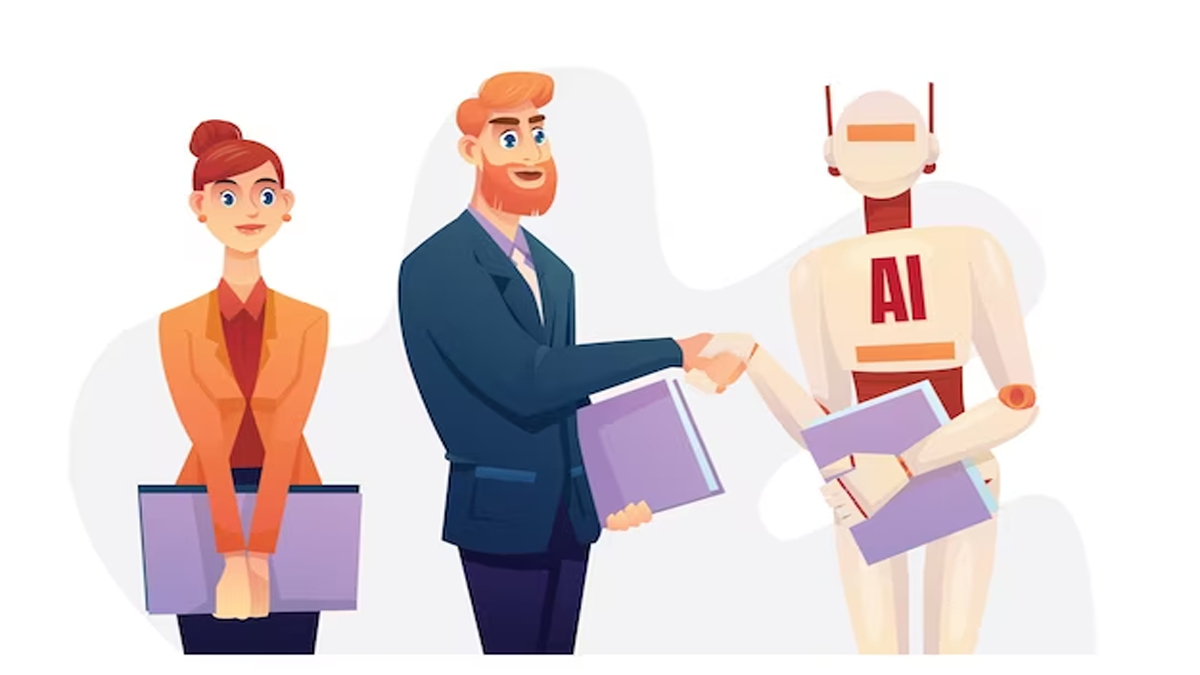AI has the potential to revolutionize various industries, including the legal profession.
The legal profession primarily involves tasks such as legal research, document review, contract analysis, due diligence, and predictive analysis. These tasks often require significant time and effort from legal professionals, making it an ideal area for AI to assist and enhance the efficiency and accuracy of legal processes.
Here are several ways AI is shaping the future of the legal profession:
- Legal Research:
AI-powered tools can quickly analyze vast databases of legal statutes, regulations, case law, and legal opinions. Natural Language Processing (NLP) enables these tools to understand legal language and provide relevant insights, precedents, and legal arguments. This significantly speeds up the research process and helps lawyers find relevant information more efficiently. - Document Review:
AI-based algorithms can analyze and classify legal documents, contracts, and other legal materials. By using machine learning techniques, these systems can identify patterns, extract relevant information, and even predict the outcome of legal cases based on historical data. This reduces the time and effort required for manual document review. - Due Diligence:
During mergers, acquisitions, or other transactions, AI can assist in conducting due diligence by quickly analyzing large volumes of contracts, financial documents, and regulatory compliance records. AI algorithms can identify potential risks, anomalies, or discrepancies, saving valuable time for legal professionals. - Legal Chatbots:
AI-powered chatbots can handle routine legal inquiries, provide basic legal advice, and assist with legal procedures. These chatbots use NLP and machine learning to understand user queries, provide relevant information, and guide users through simple legal processes. They can be deployed on law firm websites or legal service platforms to offer immediate assistance and enhance customer service. - Predictive Analytics:
AI algorithms can analyze historical legal data, such as case outcomes, judges’ decisions, and legal strategies, to predict the possible outcome of ongoing cases. This helps lawyers assess the viability of a case, develop strategies, and make informed decisions. Predictive analytics also enables better resource allocation and risk management within law firms. - Contract Analysis and Management:
AI tools can automatically review contracts, extract key terms, identify risks, and ensure compliance with legal standards. These tools can detect potential legal issues, flag missing or ambiguous clauses, and help draft contracts more efficiently. Additionally, AI can assist in contract management by tracking key dates, managing renewals, and providing alerts for compliance requirements.
While AI brings numerous benefits to the legal profession, there are also challenges and ethical considerations. For example, ensuring the accuracy and fairness of AI algorithms, protecting client confidentiality and data privacy, addressing biases in training data, and maintaining the human element in legal decision-making.
In conclusion, AI is transforming the legal profession by automating repetitive tasks, improving efficiency, and providing valuable insights. It empowers legal professionals to focus on complex legal analysis, strategy development, and client advocacy. By embracing AI technology, the legal profession can become more accessible, efficient, and effective in serving the needs of clients and society as a whole.
